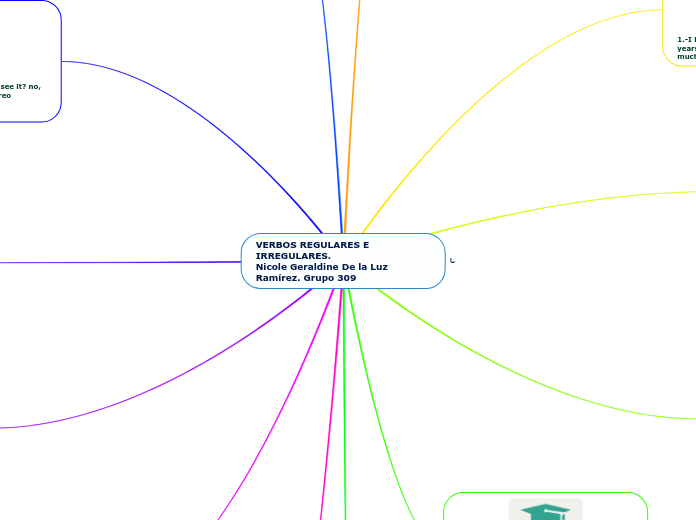arabera NICOLE GERALDINE DE LA LUZ RAMIREZ 5 years ago
457
VERBOS REGULARES E IRREGULARES. Nicole Geraldine De la Luz Ramírez. Grupo 309

arabera NICOLE GERALDINE DE LA LUZ RAMIREZ 5 years ago
457

Honelako gehiago